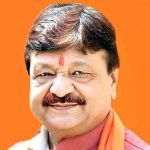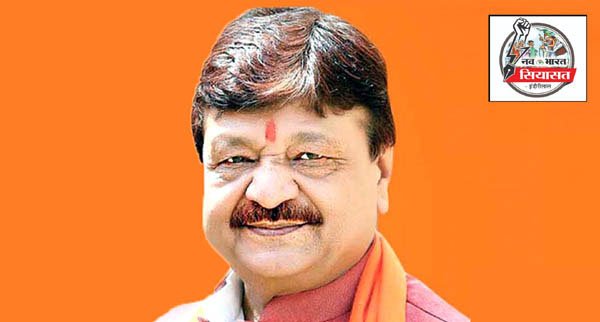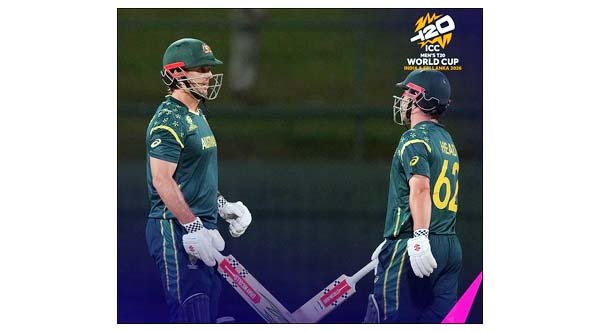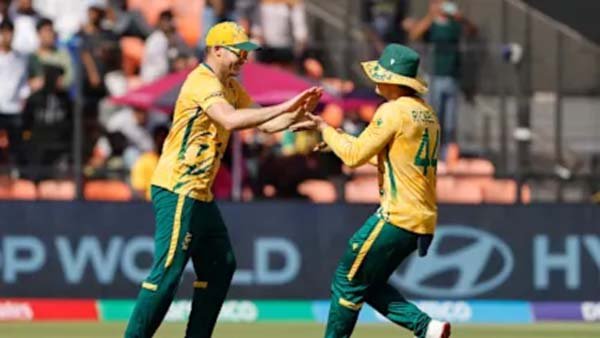New Delhi, May 28 (UNI) The Supreme Court on Wednesday directed the Assam Human Rights Commission (AHRC) to conduct an independent and time-bound inquiry into allegations of fake police encounters in Assam.
The direction came in a petition alleging widespread extra-judicial killings in the state and non-compliance with the apex court’s guidelines laid down in PUCL v. State of Maharashtra concerning investigation of police encounters.
A bench comprising Justices Vikram Nath and N. Kotiswar Singh underlined the constitutional importance of human rights commissions in safeguarding civil liberties and expressed full faith in the AHRC’s ability to discharge its duties impartially.
“We entrust the inquiry to the Assam HRC for a necessary probe, independently and expeditiously. It must be ensured that victims and family members are given a fair opportunity. The state commission shall issue a public notice inviting all those claiming to be aggrieved. Confidentiality must be ensured,” the bench said.
The court reaffirmed the PUCL guidelines, which mandate the registration of FIRs, magisterial inquiries, and informing the next of kin. “They affirm the primacy of the rule of law. No individual or institution is above it,” the court observed.
While acknowledging that certain cases may merit deeper scrutiny, the bench held that a general direction based solely on a compilation of cases was not sustainable. However, it empowered the commission to initiate further investigations where necessary and instructed the Assam government to cooperate fully and eliminate any institutional hindrances to the probe.
The court also emphasized the need for privacy protection and sensitivity during the enquiry process and directed the Assam State Legal Services Authority to extend free legal aid to affected individuals where needed.
Solicitor General Tushar Mehta, appearing for the state, raised concerns over the petitioner potentially offering legal aid to victims, arguing this could “normalize” tactics like blackmail.
Justice Kant, however, maintained that victims could engage the petitioner if they so wished, affirming trust in the system.
“Let’s have faith in the system. If any individual wants, they can engage him.”
On the locus standi of the petitioner, the PUCL, the court observed: “We deem it appropriate to acknowledge the petitioner’s role in bringing the matter to court. Alleged abuse of power by state agencies often comes to light through public interest litigation. However, a mere compilation of cases cannot warrant sweeping directions without thorough scrutiny.”
The bench stated that prima facie, barring a few cases, there was insufficient evidence to conclude procedural violations. Nonetheless, it emphasized the need for a credible institutional mechanism to conduct an impartial evaluation.
The petition was filed by Arif Md Yeasin Jwadder, an advocate from Assam, challenging a Gauhati High Court order dismissing a similar PIL. The High Court had held that a separate investigation was unnecessary since state authorities were already probing the cases.
Advocate Prashant Bhushan, appearing for the petitioner, submitted that over 80 fake encounters had occurred since May 2021 when Chief Minister Himanta Biswa Sarma assumed office, and that PUCL guidelines had been regularly flouted.
He alleged that FIRs were often registered against the victims, not the police, and no independent probe had taken place. He cited affidavits from alleged victims and suggested that a retired judge head an independent investigation.
In response, SG Mehta contended that PUCL guidelines were being fully complied with and that the allegations, if accepted uncritically, could demoralise police forces fighting militancy in the state. He asserted that the incident, not the officer, is to be investigated and emphasised that victims’ families had the right to challenge investigation outcomes.
Justice Kant agreed that the PUCL guidelines focused on incident-based investigation, not targeting police officers unless warranted. He also questioned whether any victims’ families had formally contested the findings of encounter-related chargesheets.
The court had reserved its judgment on February 25. It had earlier called for a list of retired judges to potentially lead an inquiry and sought information on AHRC’s past investigations into encounter cases.
The need for Human Rights Commissions to play a proactive role in upholding civil liberties was emphasised.
In a specific instance cited by the petitioner, the Tinsukia encounter case, it was alleged that the police refused to register missing persons’ complaints unless the victims were declared as intending to join a banned militant group (ULFA).
FIRs were instead filed against the victims, and the local Station House Officer allegedly acted as Investigating Officer despite being involved in the incident.
The Supreme Court said it wants to ensure accountability, procedural compliance, and fairness in dealing with alleged extra-judicial killings, while maintaining a constitutional balance between state security and civil liberties.











